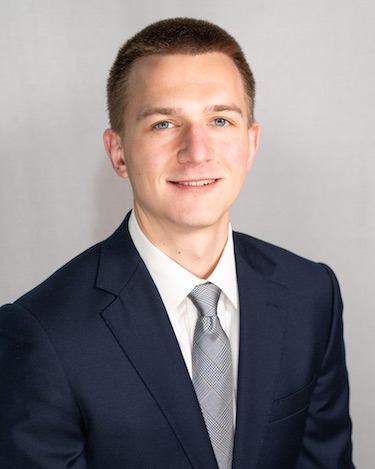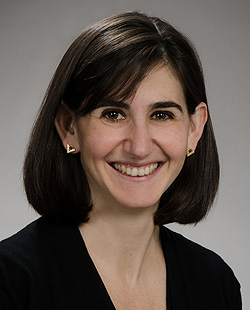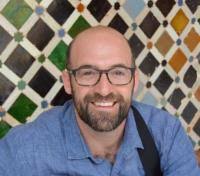


Empowering resident autonomy
Insight through first-hand experience
In a recent article published in ATS Scholar, first-author Dr. David Rink, internal medicine chief resident, shares his personal experiences and reflections on developing his professional identity during his training.
Rink, co-author Dr. Gabrielle Berger, clinical associate professor, and senior author Dr. Tyler Albert, associate professor (General Internal Medicine), combine their experience with an analysis of trainees’ perceptions of autonomy and supervision to present a practical toolkit for empowering resident autonomy.
“I wrote this piece during my last month of residency, as I reflected on the preceding years of training,” Rink said. “I was inspired by both personal and professional curiosities about the socialization (professional identity formation) of physicians which I tried to understand through the only lens I knew – my own experience.”
Graduated autonomy
Over the last few decades, the landscape of graduate medical education (GME) has undergone significant changes. National regulations, along with evolving hospital dynamics, have increasingly emphasized the need for more robust and appropriate support systems for residents throughout the course of their training. These changes have focused not only on promoting resident well-being but also on refining and individualizing the teaching and oversight residents receive from faculty supervisors.
Resident training is rooted in the concept of graduated autonomy. This means that as residents gain more experience and demonstrate increasing competence, the level of supervision they receive is gradually reduced. However, this transition is not linear. It requires a dynamic balance between educators providing enough independence for residents to build confidence and competence while ensuring they are still adequately supported and supervised as they navigate the complexities of clinical practice.
Balance of autonomy and supervision
In their article published in ATS Scholar, Rink, Berger and Albert describe this important balance of autonomy and supervision for residents in growing their skills and developing professional identity.
Rink reflects in the article, “This aligns with my own experience, in which opportunities to exercise complex communication and nuanced medical decision making allowed me to develop skills, language, and approaches that were authentic to me and informed how I think, act, and feel in my physician identity.”
Supervisors have the opportunity to cultivate an environment in which trainees feel supported to exercise autonomy, a task that should be individualized for each learner. This is aided by getting to know the trainee’s professional capabilities and aspirations, as well as their personal background and identities.
“We hope that our audience will appreciate the importance of autonomy in empowering their learners on their professional journey and, importantly, recognize the essential role they (as educators) play in upholding that autonomy experience,” Rink said.
A toolkit for educators
To help educators adapt and tailor their approach to individual trainees, Rink, Berger and Albert also present a practical toolkit of recommended practices for empowering resident autonomy.
The toolkit suggests specific strategies for supervisors to assess residents' readiness for increased autonomy and for providing residents with opportunities to exercise autonomy in their practice. It also emphasizes the need for feedback and support systems as essential components of resident learning. By offering structured, intentional support, educators can help residents gain the experience and confidence needed for professional development and identity formation.
Collaborative effort
As first author of the paper, Rink shares his own candid reflections and through collaboration with his mentors, Berger and Albert, offers practical recommendations for creating environments in which residents are afforded the opportunity to “fail safely” and ultimately are set up for success.
“I want to share my deepest gratitude to Gaby and Tyler for their mentorship on this project and throughout my training,” Rink said.
“It’s completely fair to say that this piece would not exist, nor would I be where I am today, without them. Additionally, I want to say thanks to Dr. James Wykowski (former UW chief medical resident) and Dr. Brad Anawalt who both supported this piece and my work.”